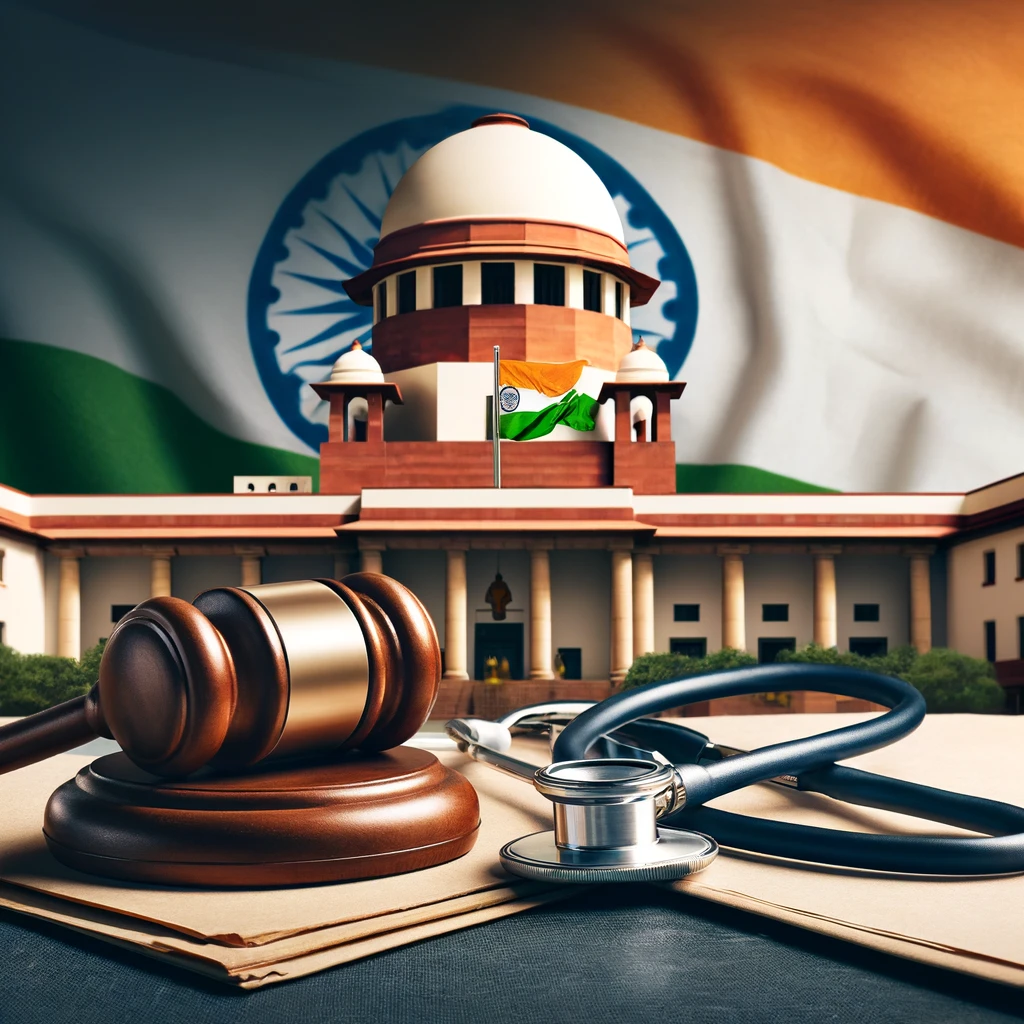Month: March 2019
Can Rajasthan State Collect Stamp Duty on Insurance Policies? SC Explains!
The Court emphasized that while only the Parliament can prescribe the rate of stamp duty on insurance policies under Entry 91 of List I, the states have the power to impose and collect the duty as per the rate prescribed by Parliament (paras 9-19).
SC: All Parties Must Be Heard in ‘Minutes of Order’ Cases
The Supreme Court clarified that the practice of passing orders based on “Minutes of Order” requires careful consideration to ensure all necessary parties are impleaded and that such orders are lawful (paras 16-20).
Is a Trial Necessary in Land Forgery Conspiracies? SC Explains!
The Court held that dismissing the case at a preliminary stage would undermine the integrity of ongoing investigations and judicial processes, particularly in complex fraud cases involving public assets (para 8).
Is Delay in Filing Change Reports Curable? SC Explains!
The Court held that a hypertechnical approach to delay in filing Change Reports is unwarranted, as such delays are curable and do not automatically impact the changes in the trust’s administration (paras 25-26).
Are Security Deposits Financial Debts Under IBC? SC Explains!
The Court emphasized that the real nature of transactions must be examined to determine whether a debt is financial or operational. The security deposits in this case were deemed to have the commercial effect of borrowing, qualifying them as financial debts (paras 14-18).
Is Compensation for Medical Negligence Adequate? SC Explains!
The Court held that the reduction of compensation by the State Commission and the NCDRC was unjustified, given the recognized deficiencies in post-operative care and the prolonged suffering of the appellant. The original award by the District Forum was deemed appropriate (paras 14-16).
Do Movie Trailers Create Binding Promises? SC Explains: Yash Raj Films
The Court emphasized that a promotional trailer is an advertisement, intended to allure and entice potential viewers rather than constitute a binding promise regarding the content of the film. The Court further clarified that creative freedom in advertisements for films must be preserved (paras 13-19).
Is a Compromise Decree Valid Despite Delays? SC Explains!
The Court held that the High Court erred in declaring the decree void based on incorrect assumptions about joint ownership and procedural verification of the compromise. The Executing Court’s order dismissing objections was justified (paras 9-10, 14).
Is Hindu Marriage Valid Without Ceremonies? SC Explains!
The Court emphasized that the solemnization of a marriage through the performance of the prescribed rites and ceremonies is crucial under Hindu law. Without these, any registration of marriage is invalid and does not confer marital status (paras 10-14).
Do IBC Offences Go to Special Courts? SC Clarifies!
The Court held that the legislative intent of Section 236(1) of the IBC was to incorporate the provisions of Special Courts from the Companies Act as they existed at the time of the IBC’s enactment, making amendments to the Companies Act post-enactment of the IBC irrelevant for the purposes of IBC (paras 42-44).






